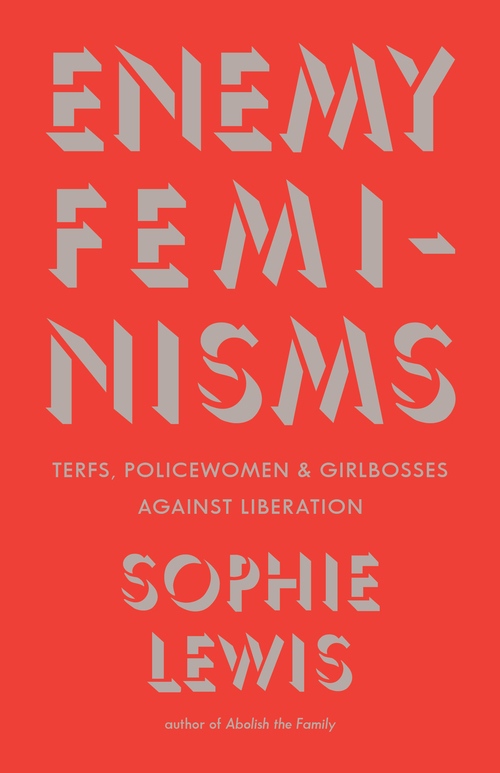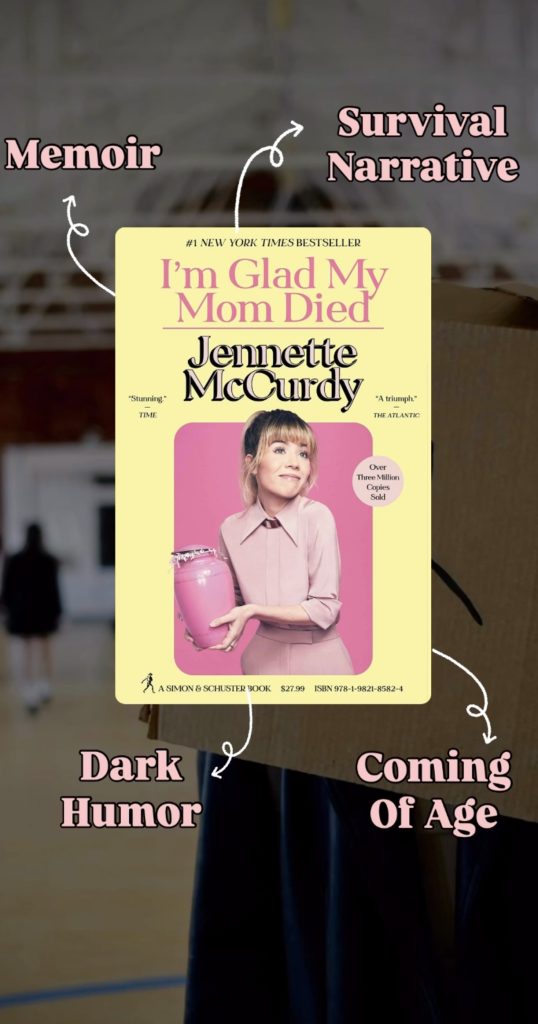Opening Note
Every once in a while, a book comes along that doesn’t just tell a story but quietly rearranges the way you see the world. To Live by Yu Hua was that kind of book for me. I picked it up expecting a glimpse into twentieth-century China, but what I found was something both smaller and larger: the story of one man’s survival, pared down to the raw essentials of loss, endurance, and the stubborn will to keep going.
Overview
First published in 1993, To Live follows Fugui, a once-wealthy man who gambles away his family fortune and is forced to face life stripped of comfort, security, and privilege. From that point on, the novel traces his path across decades of upheaval: war, famine, revolution, and the intimate tragedies of his own family. Told with stark simplicity, Yu Hua never embellishes or softens what happens. Instead, the prose remains plainspoken, almost matter-of-fact—and it’s precisely that restraint that makes the pain of the story linger.
Analysis & Reflection
What struck me most was the paradox at the center of the novel. On one hand, To Live is relentless in its depiction of suffering. Death is constant, and Fugui’s life seems whittled down again and again until only the barest core of existence remains. And yet, the book is not nihilistic. There’s a quiet dignity in the way Fugui adapts, accepts, and continues. Even when everything has been stripped away, there is still the act of living—simple, unadorned, stubbornly persistent.
Yu Hua doesn’t sentimentalize this endurance. He doesn’t make Fugui heroic in the traditional sense. Instead, Fugui survives because that’s all there is left to do. And in that survival lies something profoundly human.
Broader Connections
The novel reminded me of other works that deal with survival under extreme conditions—Vasily Grossman’s Life and Fate, or even Primo Levi’s If This Is a Man. But where those books grapple explicitly with ideology or historical atrocity, To Live feels more pared down, more intimate. It’s about the universal rhythm of loss and endurance, the kind that transcends political systems and speaks to the fragility of human life anywhere.
At the same time, it’s a deeply Chinese story, rooted in the particular upheavals of the 20th century—from the Civil War to the Cultural Revolution. Yu Hua captures how these grand historical movements land not as abstractions but as small, devastating disruptions in the lives of ordinary families.
Critique
If there’s one difficulty with To Live, it’s how bleak it can feel. The novel’s stripped-down style, while powerful, doesn’t offer the lyrical reprieves that some readers might crave. There are no lush descriptions or philosophical digressions to soften the weight. For some, this unrelenting plainness may make the novel feel emotionally heavy, even overwhelming.
But perhaps that’s the point. To tell Fugui’s story any other way would risk turning it into melodrama. Yu Hua’s restraint ensures that the novel’s emotional power hits all the harder.
Closing Thought & Recommendation
To Live by Yu Hua is not an easy read, nor is it one you finish lightly and put away. It’s a story that lingers, one that leaves you sitting quietly, staring at nothing in particular, feeling the strange mixture of sorrow and gratitude that only great literature can stir.
If you are drawn to novels that explore resilience, human dignity, and the ways ordinary lives are shaped by history, then To Live is essential. It’s a book that asks very little of you stylistically, but everything of you emotionally.
Rating: ★★★★★
Tags: Historical Fiction, Chinese Literature, Survival, Tragedy, Resilience
Trigger Warnings: Death, War, Illness, Familial Loss


